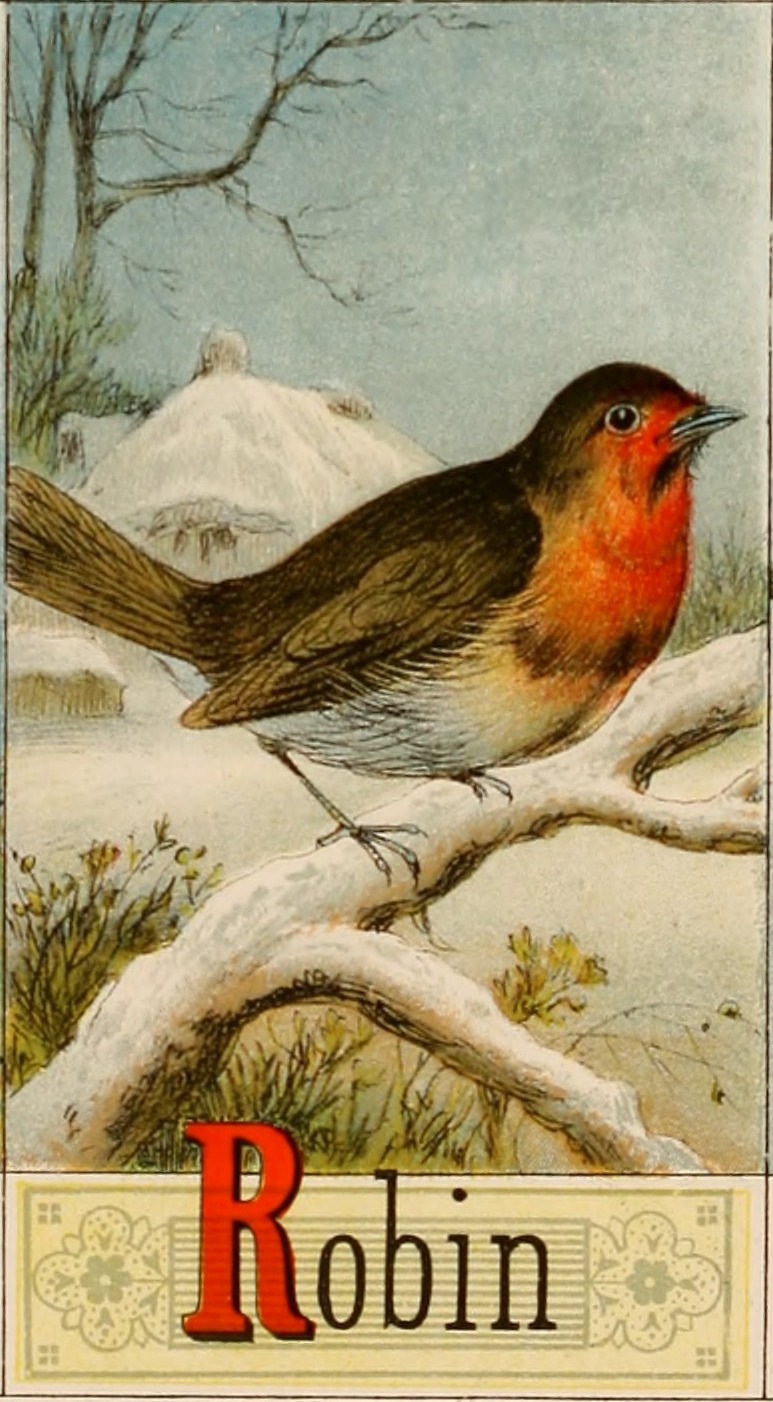Podcast: Play in new window
BOB HIRSHON (host):

The troublesome letter “R”. I’m Bob Hirshon and this is Science Update.
When little kids talk, their Rs often sound like Elmer Fudd’s.
4-YEAR-OLD CHILD:
Wabbit went in a wacecar and wunned awound the wacetrack.
HIRSHON:
That’s because “r” sounds, referred to by linguists as “rhotics”, are especially hard to pronounce and take a long time to master. But rhotics aren’t just hard to learn in English. Take the trilled “R” in Spanish, for example:
MALE SPANISH SPEAKER:
Risas.
HIRSHON:
To find out why, University of Cincinnati speech pathologist Suzanne Boyce and her colleagues made ultrasound images as people spoke. They found that in every language, the base of the tongue moved towards the back of the throat when saying rhotic words. Boyce says this difficult movement may be what trips young kids up.
SUZANNE BOYCE (University of Cincinnati):
And that explains why rhotics across so many languages are developed late in children.
HIRSHON:
She presented the research at the meeting of the Acoustical Society of America. I’m Bob Hirshon, for AAAS, the science society.
